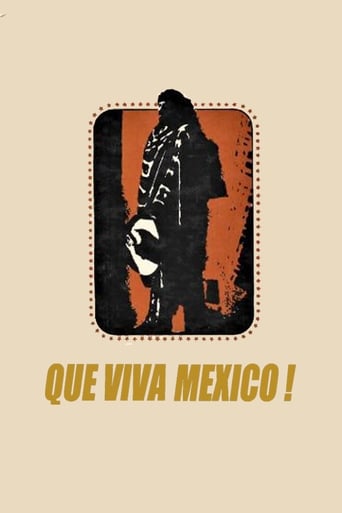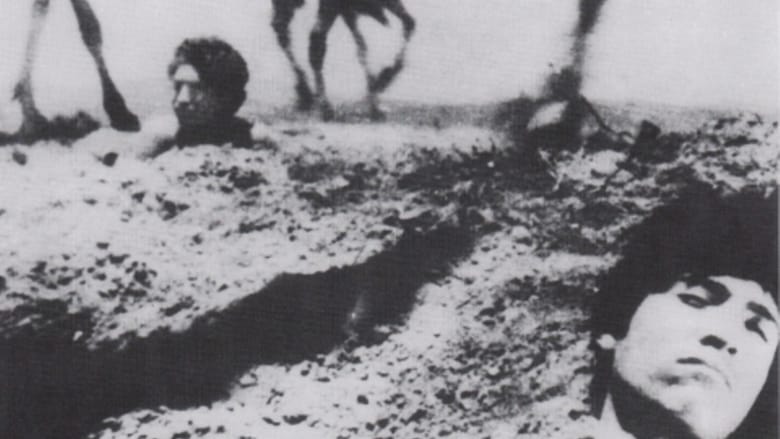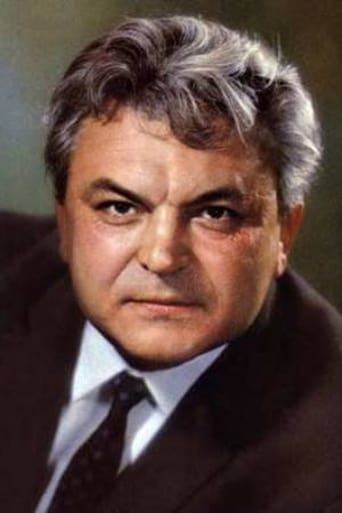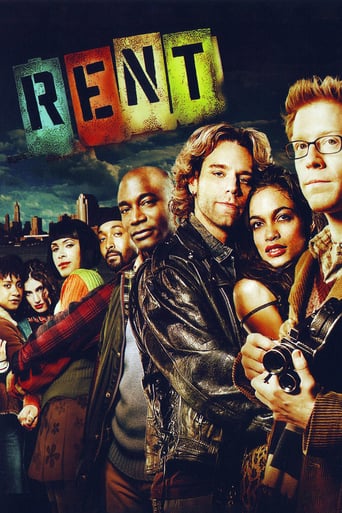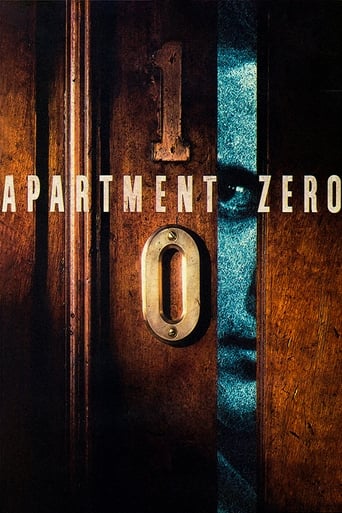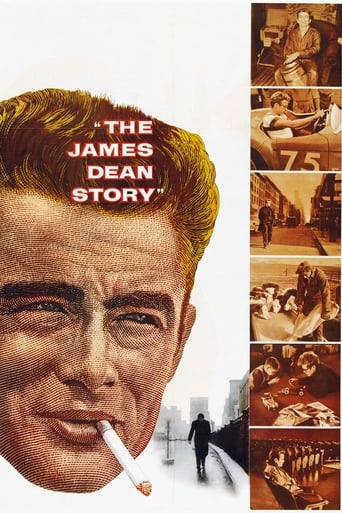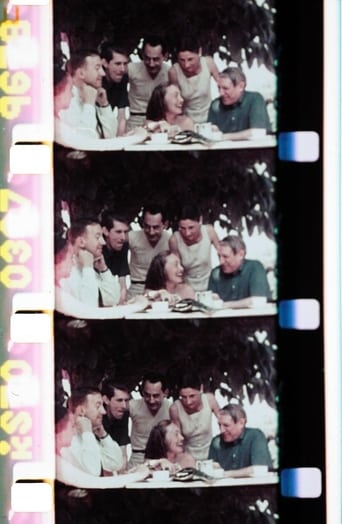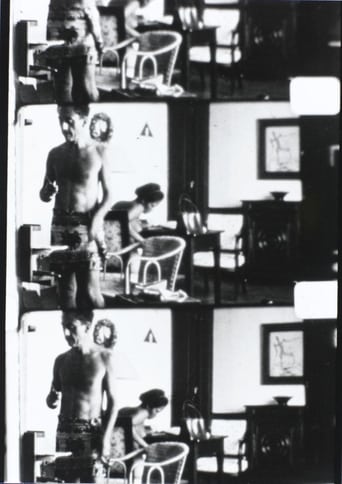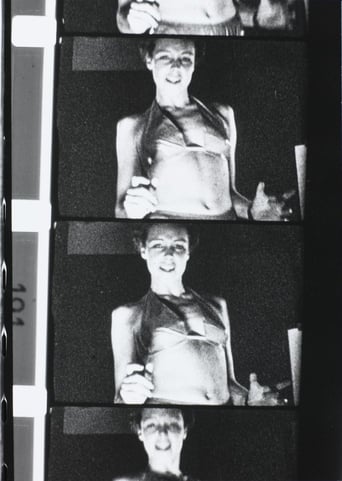Que Viva Mexico! (1979)
Eisenstein shows us Mexico in this movie, its history and its culture. He believes, that Mexico can become a modern state.
Watch Trailer
Free Trial Channels
Cast


Similar titles
Reviews
Really Surprised!
It’s an especially fun movie from a director and cast who are clearly having a good time allowing themselves to let loose.
Amazing worth wacthing. So good. Biased but well made with many good points.
Let me be very fair here, this is not the best movie in my opinion. But, this movie is fun, it has purpose and is very enjoyable to watch.
It's unbelievable how everything can be art when you look through the eyes of a genius. Sergei Eisenstein: the master of editing, the great father of Russian cinema, a role model for other famous directors like Charlie Chaplin or Andrei Tarkovski; author of cinematic masterpieces like Battleship Potemkin, Ivan the Terrible and Alexander Nevsky. Now we have his version of his Mexican adventure: "Que Viva Mexico!" an epic semi-documentary lost in time. Why was it lost in time for decades? Because no one in Russia or in the USA trusted this film enough to show it. Eisenstein was a nobody when he arrived in the USA to plan another project, the soviet authorities didn't want him in the USSR due to his polemic point of views of the October Revolution and the czarism. Sergei adored Mexico because of its beauty and its hospitality. Famous Mexican painters like Diego Rivera, Frida Kahlo and David Alfaro Siqueiros, along with his Russian partner Trotsky, helped him to inspire. Eisenstein filmed his version of the Mexican traditions and he was very close. As a Mexican, I didn't realized how magical these traditions were until I watched this film. A really good film maker knows how to show the real life in a fantastic way. Now, do I have to say the name of this really good film maker? I don't think so, I think you already know. "Que Viva Mexico!" highly recommendable, Mexican fellows: watch it, this is your real country.
Considering that Que Viva Mexico was (mostly) made by Sergei Eisenstein, and funded by Upton Sinclair, the most happy surprise is that the film isn't overloaded with the kind of communist/socialist propaganda that would be immediately expected. It's not that this would be a bad thing in the technical sense; Eisenstein, on the front of being a pure visionary, couldn't be stopped no matter how thin he stretched himself for his means as a director who had to stay to party/country guidelines. And for Sinclair, the meatier the context the better the hyperbole. But with Que Viva Mexico! we get a view of the people and customs like out of a measured fever dream. We're given more-so the customs and the traditions, the practice of a marriage, the bullfights, some of the context of the history behind those 'Day of the Dead' parades. Only here and there are any blatant pleas seen and heard loud and clear (mostly involving the poorest of the poor in the lot).Actually, it could be something, in a sense, comparable to Werner Herzog in attempting the documentary form. It's not quite fiction, but it's presenting documentary in a stylized manner, where things aren't simply stock footage but very much a set-up of the construction of drama in the scenes and scene-location specific shots and angles. And like Herzog, Eisenstein has a poet's eye for visions that many might only see in the most remote history books or travelogues. While the accompanying narration for Que Viva Mexico is a little on the creaky end, there's no lack of splendor for the senses as far as getting an eye full of carefully picked locals (i.e. the girl Concepcion for the marriage scenes) or for mixing real documentary footage of the bullfight with careful constructed shots of the bullfighter before and after the fact. Even the music plays a nifty role in the dramatization of events. And here and there, especially as the film rolls along in its last third, a subtle sensation of the surreal drifts into the proceedings.Unfortunately, like It's All True for Orson Welles, Que Viva Mexico remains something of a carefully plucked fragment from a lost bit in the director's career. It's a minor marvel, and certainly more than a curiosity for the die-hard documentary or Mexican history buff, but it's stayed obscurer than Eisenstein's more infamous pieces (Potemkin, Alexander Nevksy) for a reason. Despite all the best intentions to simply reveal the cultural day-to-day workings and a little of the socio-political context of the Conquistadors' impact, it's a cool curiosity at best.
This is the greatest documentary fiction I've ever seen, despite this movie was incomplete the beauty of the images is great, with a great culture you can make magic with the camera. The Mexican people have a wonderful big culture and personally I didn't know a little things about my own country.About the part of fiction is great that this reality is happening know and the sense of revolution is present, i think that only a Russian could understand the sense of the work people.The drama and the courage of the indians in the defense of the honor and the repression is a symbol of the revolution that needs the country.
Que Viva Mexico is an interesting (reconstruction of a) film by Sergei Eisenstein, the director of so many masterpieces. In fact, of all that I have seen, this is the only non-masterpiece of the bunch. Even the reconstruction of Beshin Meadow I like more. Que Viva Mexico is a semi-documentary. Most of it is uninteresting and, unlike Eisenstein's other films and Tisse's other cinematography, poorly composed. The only parts of real interest come near the end, with the rebellion, something that Eisenstein was used to creating on screen. There is a great gunfight with a woman participating, a precursor to Alexander Nevsky's Vasilisa, and there is a great scene where some rebels are buried up to the shoulders underground and then trampled by horses (by far the best scene in the film). The Day of the Dead celebration is also very interesting. There is also a bullfight that will demonstrate just how cruel bullfighting is. I do have to complain about the reconstruction that I watched. This was supposed to be a silent film, I believe. The narration I did not mind, for Eisenstein would have had to find a way to communicate what the narrator did anyway. And the music is good, often great. But I object to the insertion of diagetic sound effects, like guns shooting and horses galloping. This is ridiculous. Obviously the only people who are ever going to see this film are Eisenstein enthusiasts, so to try to sell it to the public as a sound movie is ridiculous. Why?

